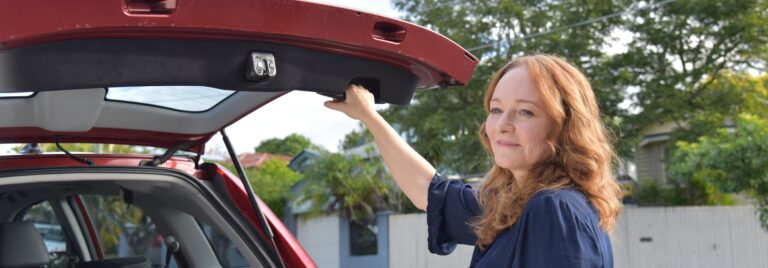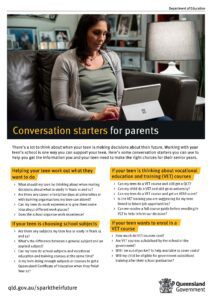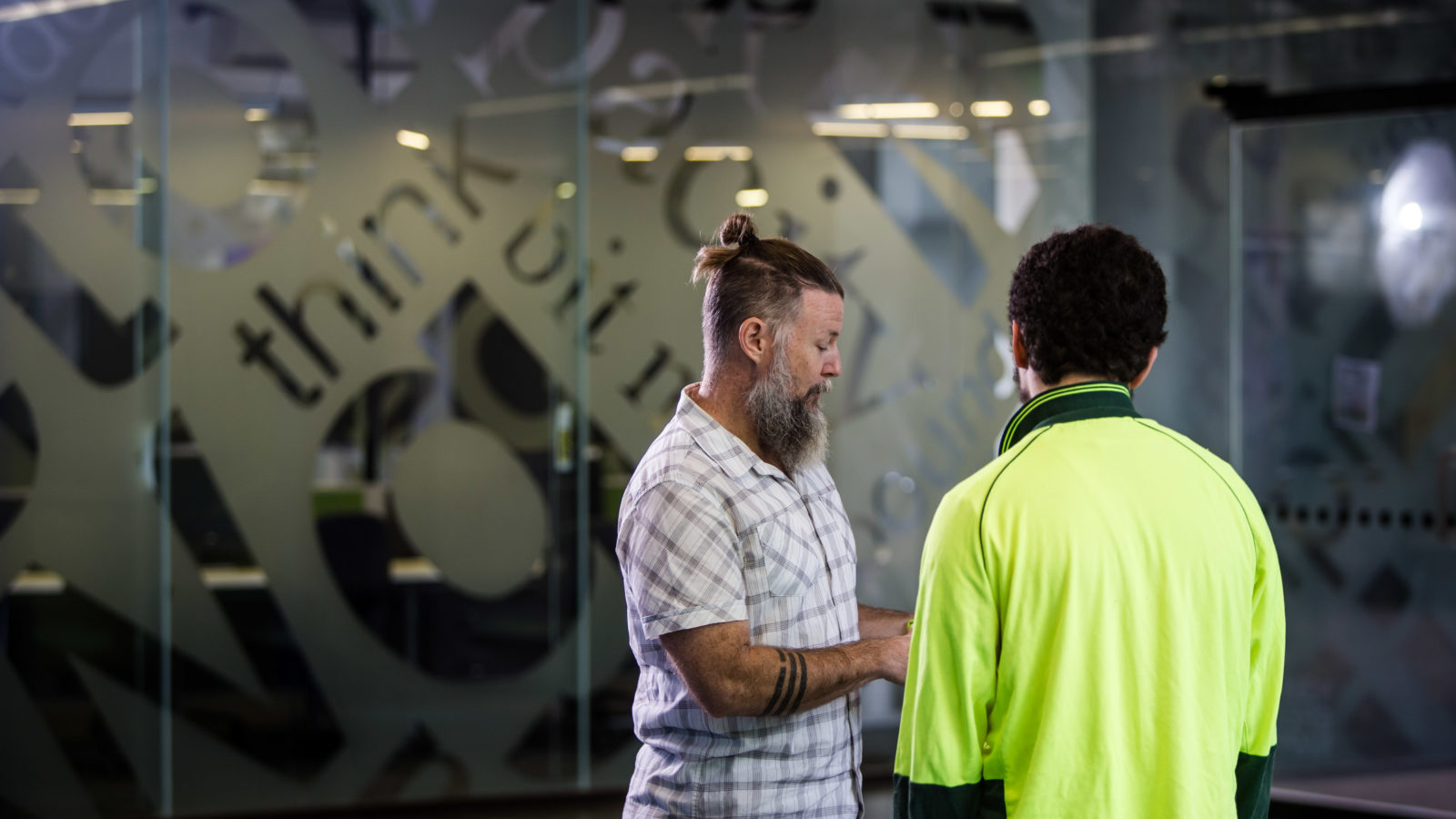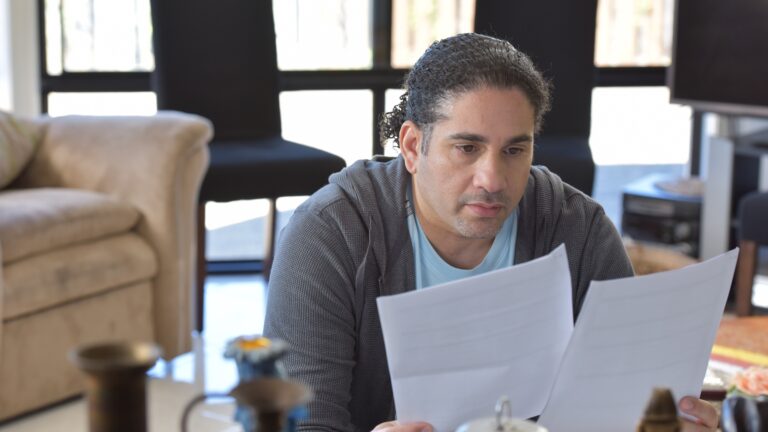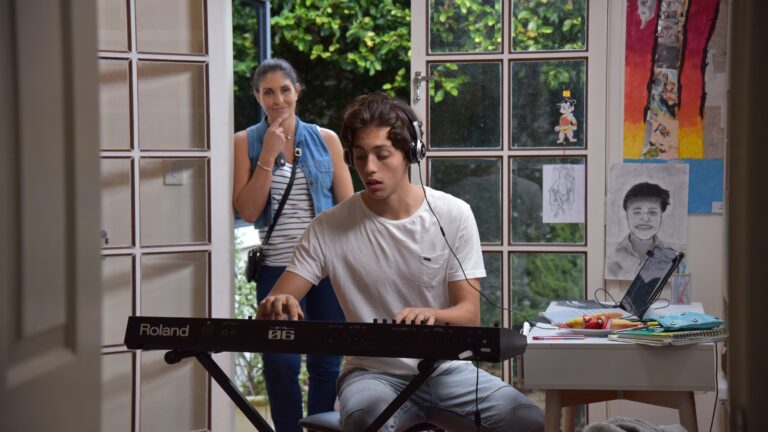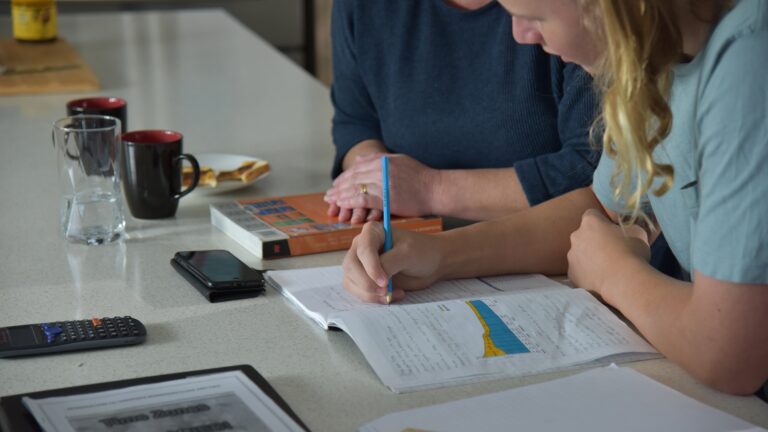Key Points
- Every young person is different and needs to find the learning pathway that works for them.
- Staying at school to the end of Year 12 can improve young people’s chances of going on to further study or finding work after school.
- There are many learning pathways to choose from so look for one that suits your teen’s abilities, interests and career goals.
- Working with your teen’s school is a great way to support your teen in making good choices about their future.
- Making a plan can help your teen work out their goals and how to reach them.
Every young person is different and success looks different for everyone. So when it comes to making decisions about the senior years at school, it’s important to think about what makes your child tick. The choices your teen makes about their senior schooling will have a big impact on what happens to them after they leave school. Your guidance and support at this time could make all the difference. Here’s five tips to help you guide your teen in making good choices about their senior years at school.
1. Staying the distance
We know that young people who leave school early do not have the same chance of success as those who complete Year 12. In fact, for every three young people who leave school early, one of those young people will not be in study or work in the year after they leave school. School also provides an important social network for teens and can help keep them connected and motivated. So, when you and your teen talk about their future, let them know that while staying at school might seem hard right now, there are lots of options available to them and sticking at it will set them up for a successful future after they leave school.
2. Working with the school
In addition to teachers who know your child well, schools also have guidance officers and other student services officers who can help you and your teen plan for their future. Remember that nothing is set in stone and it’s okay for your teen to change their mind along the way. Let the school know early so there is time to talk things through, work out what is going on for your teen, and make changes if needed. The team at your teen’s school can work with you to find ways to give your teen the learning experience they need to achieve their goals.
3. Making a plan
During Year 10, your teen’s school will be in touch with you and your child to work on a Senior Education and Training plan (or SET plan for short). Working on this plan together is a great way for you and your teen to talk through their future goals and decide what subjects and courses they should do in their senior years to help them reach their goal. Schools have a process they follow to help students develop their plan and regularly review it during the senior years. Read more about the SET plan and how the process works.
4. Choosing a pathway
In the senior years, students can work towards a Queensland Certificate of Education (QCE), vocational qualifications and/or an Australian Tertiary Admission Rank (ATAR) .
- The QCE is the qualification Queensland students receive at the end of Year 12 if they complete enough learning.
- If your teen wants to go to university, they will need an Australian Tertiary Admission Rank (ATAR).
- Vocational education and training qualifications can give your child a direct start on their career pathway as well as count towards a QCE and if they do a Certificate III or above, an ATAR as well. Vocational qualification options include courses available at school if the school is a registered training provider, through other training providers outside the school like a TAFE, or through school-based apprenticeships or traineeships.
Schools offer a range of general and applied subjects and vocational education and training programs and courses for your teen to choose from. Your teen’s school can advise you on the right school subjects, VET courses, or combination of both, to ensure your teen gets an ATAR. Some teens are not sure whether they want to go to university or on to further training or work when they finish school. If your teen wants to keep their options open, doing a mix of school subjects and vocational education and training might be a good option for them. Read more about the many options available during the senior years.
5. Nurturing their spark
When it comes to helping your teen have the best chance at success, nurturing their spark – that activity or interest they want to spend time on – can help build their confidence, help them learn, and give them skills and strength to help them succeed in life. Their spark can also be a clue to an occupation or industry your teen might enjoy working in when they finish school. Look for trusted adults who might be able to put your teen in touch with a person or organisation who can help them develop their talent or interest and put them on a path to their future career.
If your child has individual learning needs
If your child has a disability or additional learning needs, schools can make adjustments to suit your child’s needs and support them in continuing to learn alongside their friends of the same age. Speak to your child’s school about the kinds of adjustments the school can make to support your teen and also what you and your teen should consider when deciding on the best pathway for your teen in the senior years. For some of you, the Autism Hub and Reading and Writing Centre may be a useful place to gather information to help you support your child’s learning.
Last Updated: 22 February 2024

